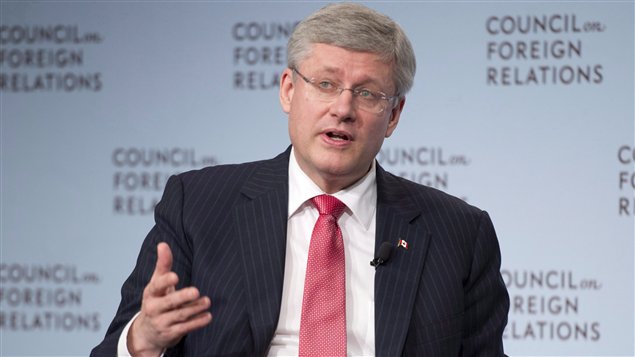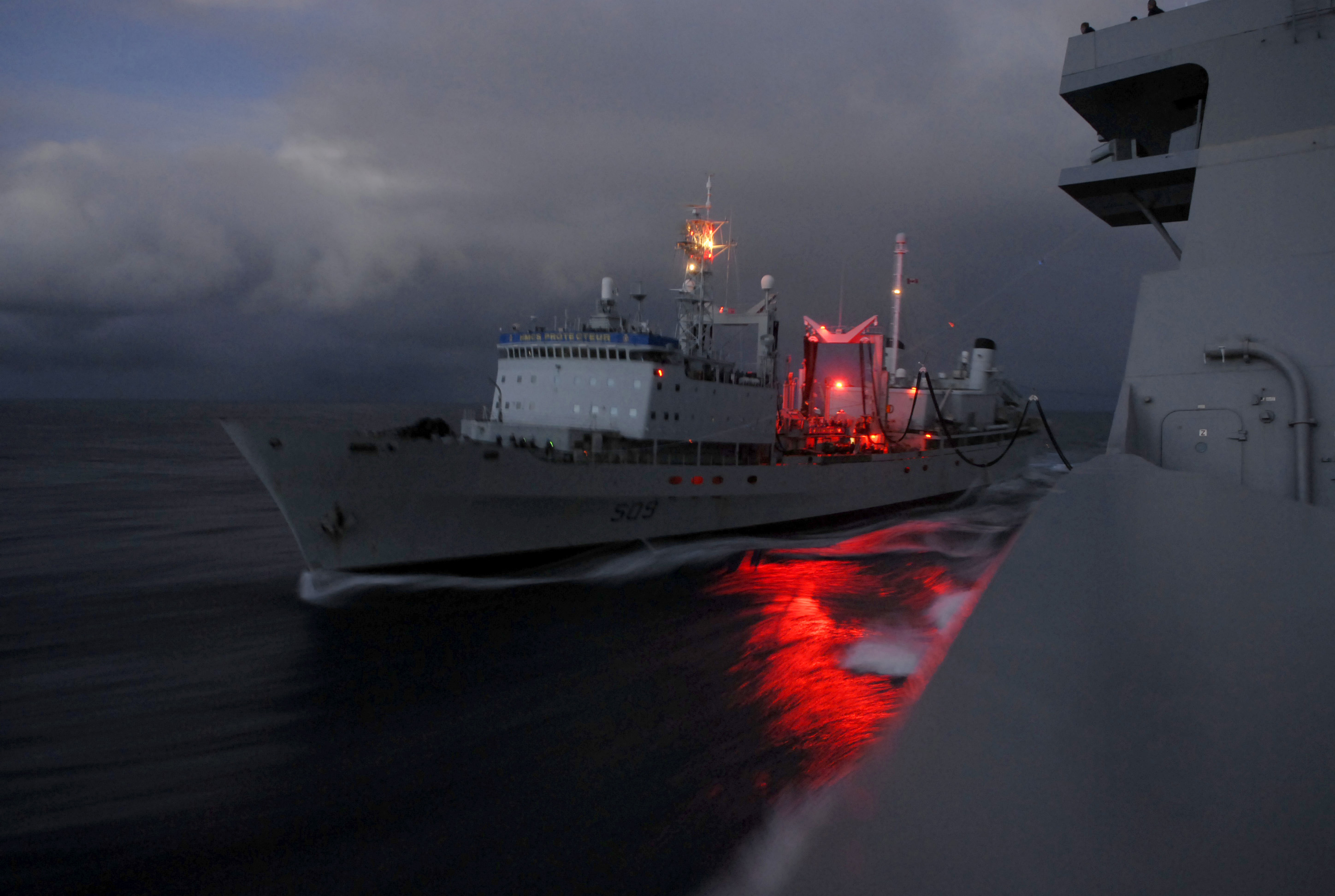On Monday, April 28th, the US signed a security pact with the Philippines, the latest move in the superpower’s strategic shift towards Asia. Importantly, the “Asian Pivot” is not solely a defensive posturing in the face of a rising China, but a full-fledged foreign policy that also draws on diplomatic and economic resources at many levels of organization. While the US rebalancing in the region is still in its early stages, the explicit focus provided by a coherent strategy will have significant effects on the shape of future materiel deployment and acquisition. Simply put, foreign policy and procurement are two sides of the same coin.
[captionpix align=”left” theme=”elegant” width=”300″ imgsrc=”http://natoassociation.ca/wp-content/uploads/2014/05/HARPER_NORTH_20120824.jpg”]
With that in mind, it is clear that conceptual or strategic issues at the level of foreign policy are all but certain to cause problems with implementation and procurement. According to a Strategic Outlook report published in February by the Conference of Defence Associations Institute (CDAI), Canada risked “doing little, mattering less in world affairs, and compromising fundamental interests” for its lack of a clear, articulated vision for its role in the world. In particular, it is highly critical of the state of the Canadian Armed Forces readiness in defending the nation’s interests abroad, a sentiment driven by a perceived lack of direction in Ottawa. The document underscores the need for a “whole-of-government approach” to the creation of a robust and carefully considered foreign policy.
Of course, we do have the Canada First Defence Strategy (CFDS), a federal White Paper produced in 2009 intended to give the kind of direction demanded by the authors of the CDAI article, but it’s clear that it can be faulted on several fronts. As noted by the National Post, the federal government announced its intention to renew its commitment to the CFDS in the 2013 throne speech while also indicating it would be reducing spending; an understatement given the $3 billion in short-term cuts for defence procurement as a result of the later 2014 budget. These mixed signals about the government’s commitment to the principles outlined in the CFDS are made worse by the fact that the principles themselves are vague and very general. As a report by the Canadian Defence and Foreign Affairs Institute (CDFAI) argues, the Strategy lacks a framework for the achievement of the goals and fails to prioritise the initiatives described.
[captionpix align=”left” theme=”elegant” width=”300″ imgsrc=”http://natoassociation.ca/wp-content/uploads/2014/05/7028.20110517-dnd_01.jpg”]
The fact that the government has not produced a comprehensive foreign policy means that it does not have a firm grasp of its interests in international affairs; ergo, they are unlikely to have a confident vision of the operational requirements of prospective acquisitions. From Cyclone helicopters to F-35 jets, a poorly defined foreign policy is likely to negatively impact decision-making regarding procurement.
Even procurement for Canada’s arctic sovereignty mission, something on which the Harper government has sought to take a strong stance, has been mired in problems that may have a lot to do with the clarity of what exactly it is trying to achieve. The Arctic Offshore Patrol Ship (A/OPS) project, for instance, began with the desire to produce armed heavy icebreakers to patrol the Canadian arctic year-round. The project has since steadily devolved into a more versatile, but all around poor performing vessel. It will be very lightly armed, have only summertime “slush breaking” capabilities, and may meet a strategic environment that does not warrant a militarized presence. The much sought-after reboot of the CFDS must be reflective of the clarity of a carefully considered foreign policy if Canada is to improve its current procurement situation.




